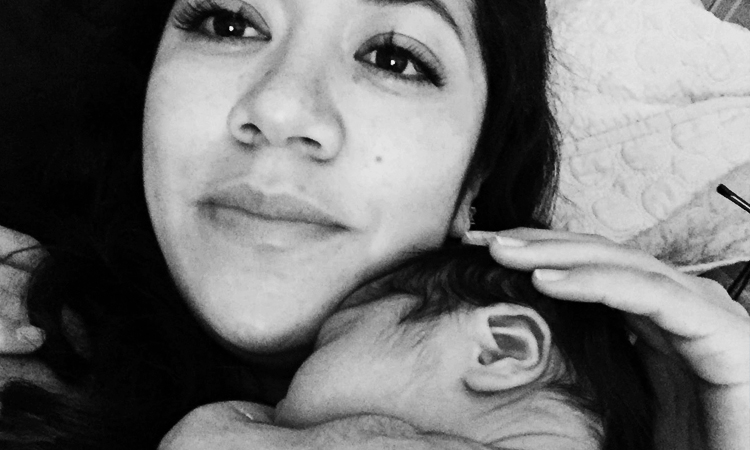
I was that kid that sat down at parties to observe others. I didn't laugh out loud. I didn't make new friends everywhere I went. And I definitely didn't ever spout off the first thing that came to my mind.
I remember I used to look at all these things as insecurities and attributed them to just being antisocial and shy. It seemed to me like everywhere I turned, I heard and saw how extroverts were portrayed as more desirable, respectable and noticeable. I craved that attention and acceptance, too.
RELATED: 10 Signs You're an Introverted Mom
My own parents might have perpetuated my insecurities about being an introvert—of course, not on purpose. My dad is an introvert, like me. I used to hear him talk about how his introverted personality became an obstacle at work. He always felt the pressure to try to fit in with an office environment full of extroverts, where the most outgoing and social people were leading, and creating connections easily.
My mom, on the other hand, is an extrovert. She never pushed me to change my personality or my behavior, but she certainly didn't understand why I liked to be alone, either.
"It must be lonely and sad. I don't want you to live like that," she said to me once, after I shared with her how much I loved going to parks alone to doodle in my notebook for hours. Unintentionally, she also rewarded any person that she noticed was extroverted. If there was a kid in the supermarket talking to strangers, she expressed how friendly and confident that kid seemed. It was always something positive about someone that was so different than me.
I internalized all of those negative connotations about my introverted personality for years. I always knew what made me happy; I like having deep, long conversations with small groups of friends and staying at home to watch movies Saturday nights. But it didn't matter. I wanted to change because I believed it was the right thing to do to try to be an extrovert. It was the only way I thought I was going to make sure I was going to be successful in life.
RELATED: How to Survive Parenthood as an Introvert
Then I became a mom and all the insecurities started to go around and around inside my head. With them, the dreams of raising a confident, happy kid who would never feel lonely. I felt anxious. What if my son is an introvert like me?
This wasn't about me anymore, it was about my boy. I realized that I didn't want to pass my silly insecurities on to him. That gave me the incentive to get educated about the positive things of both personalities, introverted and extroverted. I read, heard, and shared with others that felt the same way as me. From that, acceptance arrived, and the realization that I might have come to accept the uniqueness of my introverted personality much earlier in my life if I had just heard more positive talk about introverted personalities instead of so much positive talk about extroverts' qualities.
I don't want my son to struggle with self-acceptance when it comes to his personality like I did. I want him to be proud and confident of whoever he turns out to be, and I want him to always feel understood, seen, heard and noticed—even if he just wants to sit alone doodling for hours. That'll be OK with me.
RELATED: 12 Things Moms Living Far Away From Their Families Understand




